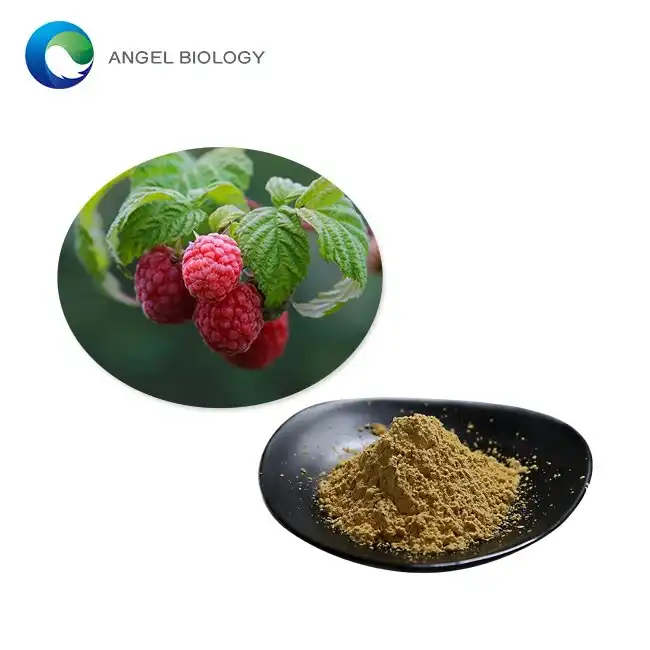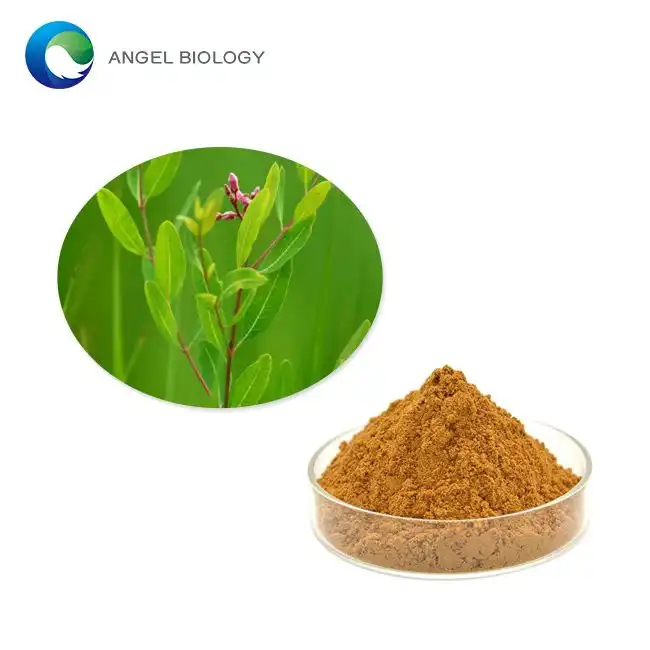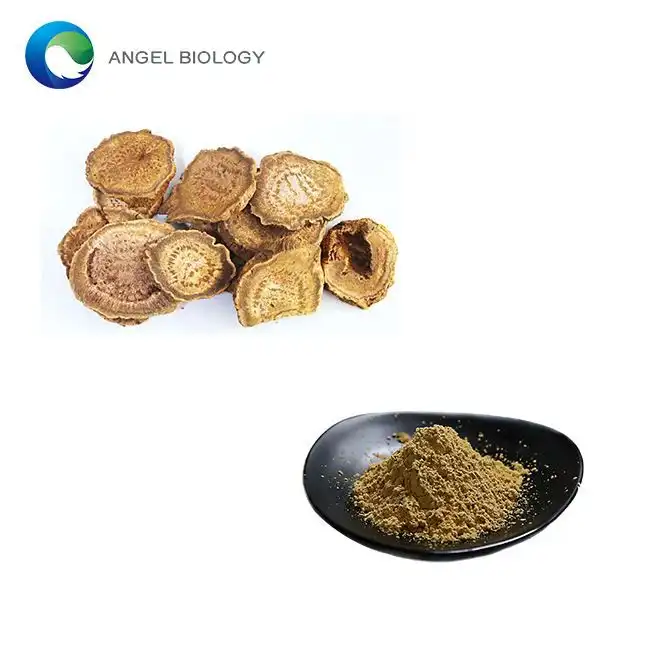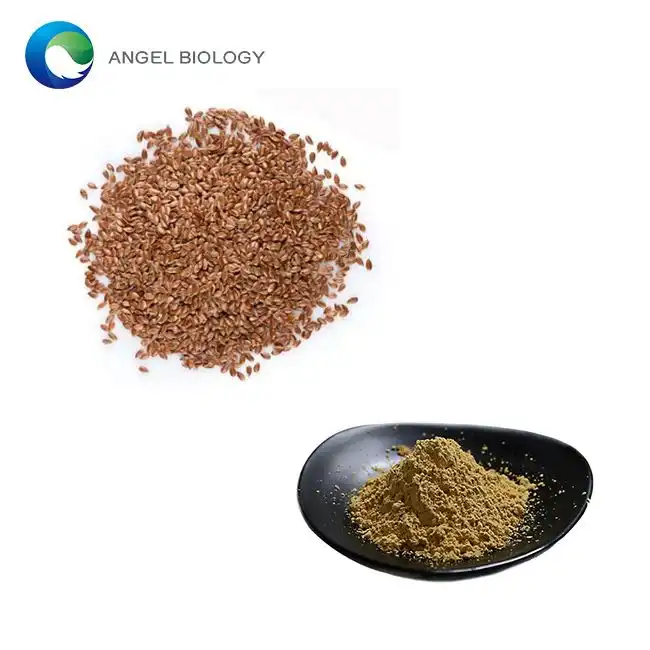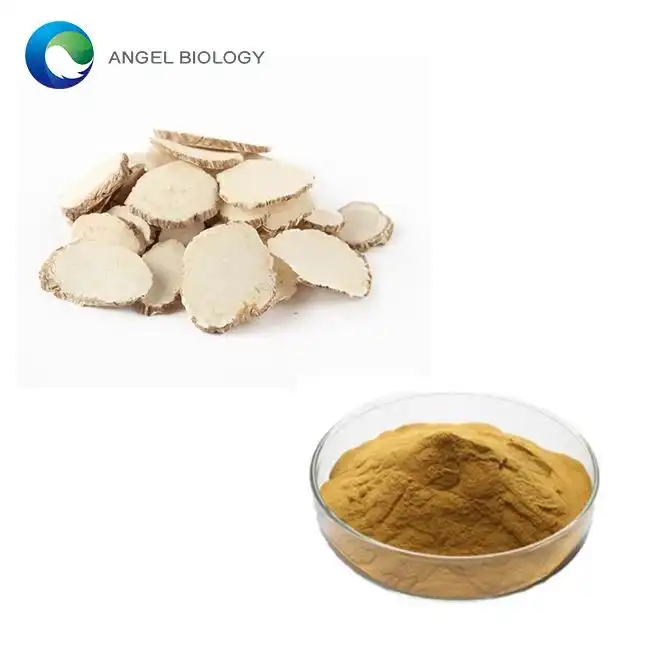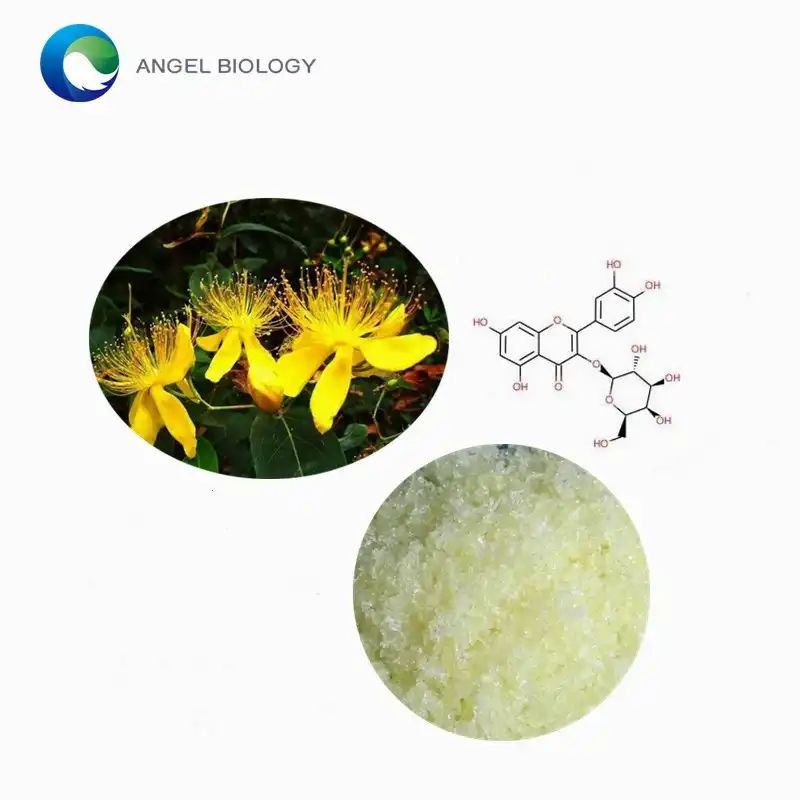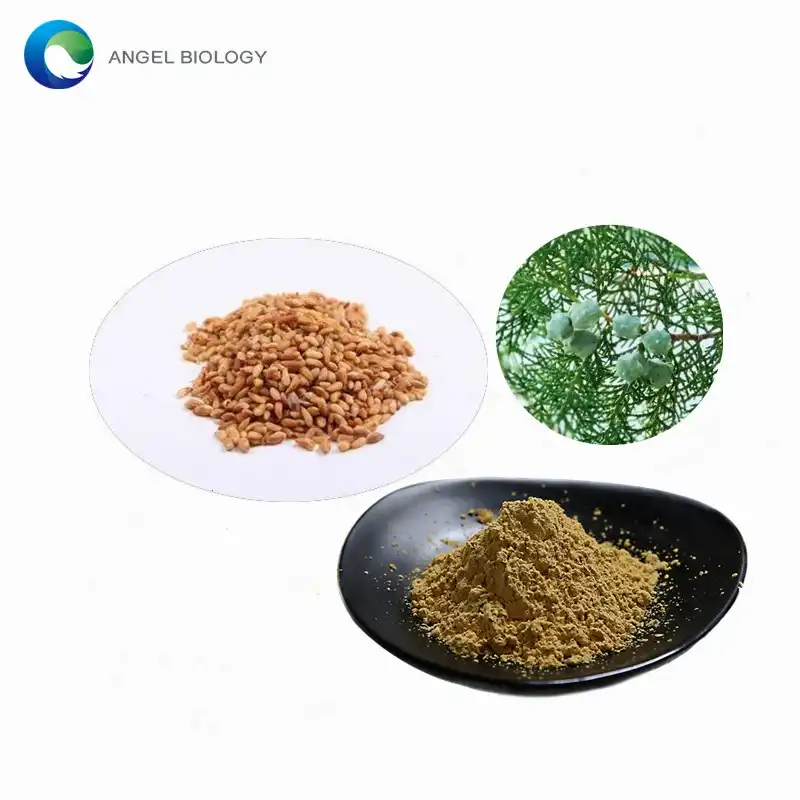What You Should Know About Beta Sitosterol Powder for Prostate Health?
As men age, prostate health becomes an increasingly important concern. Many turn to natural supplements to support their prostate function and alleviate symptoms associated with benign prostatic hyperplasia (BPH). Among these supplements, beta sitosterol powder has gained significant attention for its potential benefits. In this comprehensive guide, we'll explore what beta sitosterol is, how it supports prostate health, and what you need to know before considering it as a supplement.
How Does Beta Sitosterol Powder Support Prostate Function?
Beta sitosterol is a plant-derived compound that belongs to a group of substances called phytosterols. These compounds have a structure similar to cholesterol and are found naturally in various plants, nuts, and seeds. When it comes to prostate health, beta sitosterol has shown promising results in several studies.
The primary way beta sitosterol powder supports prostate function is by potentially reducing inflammation and swelling in the prostate gland. This anti-inflammatory effect may help alleviate some of the common symptoms associated with BPH, such as:
- Frequent urination, especially at night
- Weak urine stream
- Difficulty starting or stopping urination
- Incomplete bladder emptying
- Urinary urgency
Research suggests that beta sitosterol may work by inhibiting the enzyme 5-alpha-reductase, which is responsible for converting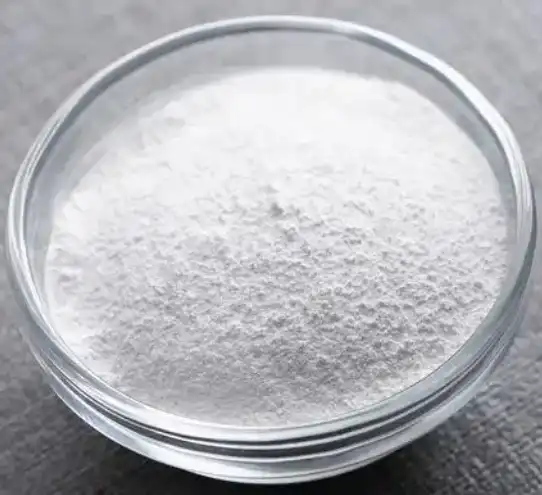 testosterone to dihydrotestosterone (DHT). DHT is a hormone that can contribute to prostate enlargement. By reducing DHT levels, beta sitosterol may help slow down the growth of prostate tissue.
testosterone to dihydrotestosterone (DHT). DHT is a hormone that can contribute to prostate enlargement. By reducing DHT levels, beta sitosterol may help slow down the growth of prostate tissue.
Moreover, beta sitosterol has been shown to have anti-androgenic properties, meaning it can help balance hormone levels in the body. This hormone-balancing effect may contribute to its overall beneficial impact on prostate health.
It's worth noting that while beta sitosterol shows promise in supporting prostate function, it doesn't actually shrink an enlarged prostate. Instead, it may help manage symptoms and potentially slow down the progression of BPH.
Beta Sitosterol vs Saw Palmetto: Which is More Effective?
When discussing natural supplements for prostate health, saw palmetto is often mentioned alongside beta sitosterol. Both have garnered attention for their potential benefits, but how do they compare?
Saw palmetto is derived from the berries of the Serenoa repens plant and has been used traditionally for urinary and reproductive issues. Like beta sitosterol, it's believed to work by inhibiting 5-alpha-reductase and reducing DHT levels.
While both supplements have shown promise in supporting prostate health, some key differences exist:
- Mechanism of Action: Beta sitosterol appears to have a more direct anti-inflammatory effect on the prostate, while saw palmetto's primary action is thought to be hormonal.
- Research Backing: Beta sitosterol has more robust clinical evidence supporting its efficacy for BPH symptoms. Several studies have demonstrated its ability to improve urinary flow rate and reduce residual urine volume.
- Additional Benefits: Beta sitosterol may offer broader health benefits beyond prostate support, including potential cholesterol-lowering effects.
- Consistency of Results: Some studies on saw palmetto have produced mixed results, while the evidence for beta sitosterol has been more consistently positive.
It's important to note that effectiveness can vary from person to person. Some individuals may respond better to one supplement over the other. Additionally, some prostate health formulations combine both beta sitosterol and saw palmetto, potentially offering synergistic benefits.
Ultimately, while both supplements show promise, the current body of evidence suggests that beta sitosterol powder may be more effective overall for managing BPH symptoms and supporting prostate health.
Optimal Dosage of Beta Sitosterol Powder for Prostate Health
Determining the right dosage of beta sitosterol is crucial for maximizing its potential benefits while minimizing any risk of side effects. While individual needs may vary, research provides some guidance on effective dosages for prostate health.
Most clinical studies on beta sitosterol for BPH have used dosages ranging from 60 to 130 mg per day, typically divided into multiple doses. Here's a breakdown of common dosage recommendations:
- Low Dose: 60-65 mg per day
- Moderate Dose: 90-100 mg per day
- High Dose: 120-130 mg per day
It's generally recommended to start with a lower dose and gradually increase it if needed, under the guidance of a healthcare professional. The optimal dosage may depend on factors such as:
- The severity of prostate symptoms
- Individual response to the supplement
- Overall health status
- Other medications or supplements being taken
When using beta sitosterol powder, it's essential to follow the manufacturer's instructions or your healthcare provider's recommendations. Some important considerations include:
- Timing: Beta sitosterol is often taken with meals to enhance absorption.
- Consistency: Regular, daily use is typically necessary to see benefits.
- Duration: It may take several weeks to notice significant improvements in symptoms.
- Quality: Choose a high-quality, reputable brand to ensure purity and potency.
While beta sitosterol is generally considered safe for most people, it's always wise to consult with a healthcare professional before starting any new supplement regimen, especially if you have existing health conditions or are taking medications.
It's worth noting that while beta sitosterol can be an effective supplement for managing BPH symptoms, it should not replace regular prostate check-ups or prescribed treatments. Always work with your healthcare provider to develop a comprehensive approach to prostate health.
Potential Side Effects and Precautions
Although beta sitosterol is generally well-tolerated, some individuals may experience mild side effects, including:
- Digestive discomfort
- Nausea
- Diarrhea
- Constipation
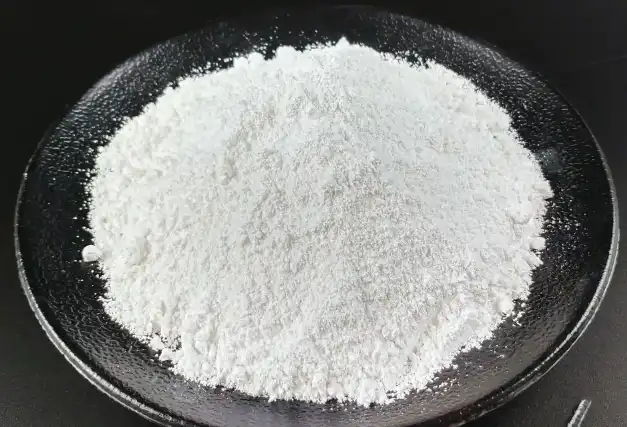
These side effects are typically mild and often subside as the body adjusts to the supplement. However, if you experience persistent or severe side effects, it's important to discontinue use and consult your healthcare provider.
Some precautions to keep in mind:
- Beta sitosterol may interact with certain medications, including blood thinners and cholesterol-lowering drugs.
- Individuals with sitosterolemia, a rare genetic disorder, should avoid beta sitosterol supplements.
- If you have a history of prostate cancer, consult your doctor before using beta sitosterol, as its effects on prostate cancer risk are not fully understood.
Conclusion
Beta sitosterol powder offers promising potential for supporting prostate health and managing symptoms of BPH. Its natural anti-inflammatory and hormone-balancing properties make it an attractive option for men seeking to maintain optimal prostate function as they age.
While research supports its efficacy, it's essential to approach beta sitosterol supplementation with informed caution. Always consult with a healthcare professional to determine if it's right for you and to establish the optimal dosage for your individual needs.
If you're looking for a high-quality beta sitosterol powder supplement, consider exploring the offerings from Angelbio. As a leading innovator in natural ingredients for health and wellness, Angelbio is committed to providing premium, science-backed products to support your prostate health journey.
Ready to take the next step in your prostate health? Contact Angelbio today at angel@angelbiology.com to learn more about our beta sitosterol powder and how it can be part of your comprehensive approach to prostate wellness. Our team of experts is standing by to answer your questions and help you make an informed decision about your health.
References
1. Wilt TJ, et al. "Beta-sitosterols for benign prostatic hyperplasia." Cochrane Database of Systematic Reviews. 2000.
2. Berges RR, et al. "Randomised, placebo-controlled, double-blind clinical trial of beta-sitosterol in patients with benign prostatic hyperplasia." The Lancet. 1995.
3. Klippel KF, et al. "A multicentric, placebo-controlled, double-blind clinical trial of beta-sitosterol (phytosterol) for the treatment of benign prostatic hyperplasia." British Journal of Urology. 1997.
4. Awad AB, Fink CS. "Phytosterols as anticancer dietary components: evidence and mechanism of action." The Journal of Nutrition. 2000.



